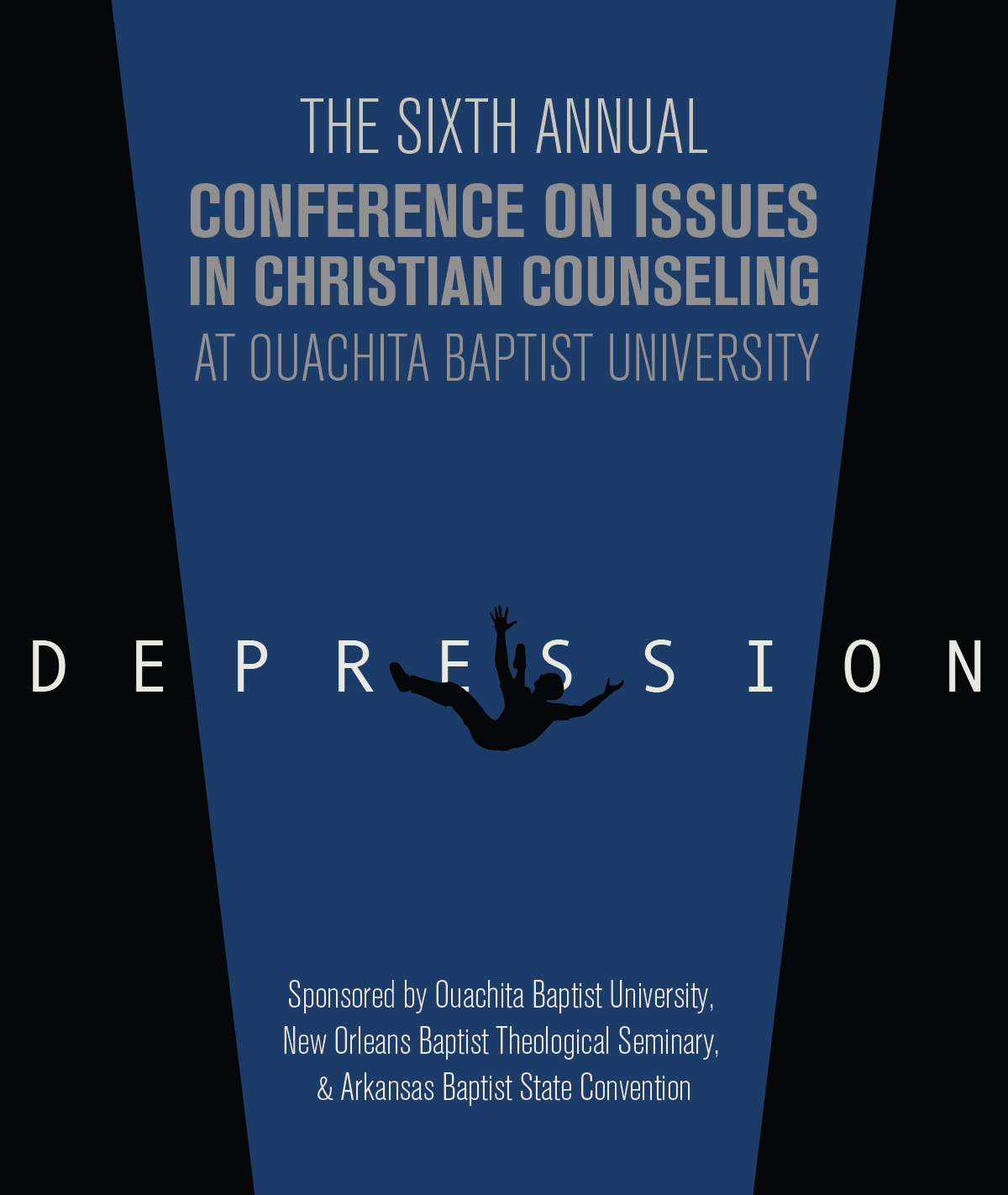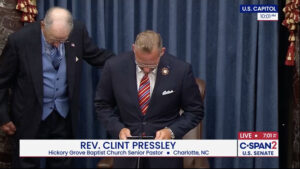
NASHVILLE (BP) – U.S. Surgeon General Vivek Murthy released last month an 82-page advisory focusing on an unexpected public health crisis – loneliness.
The advisory, released May 3, points out that a major cause of epidemic levels of loneliness and isolation in the U.S. is a lack of social connection among people.
“Our epidemic of loneliness and isolation has been an underappreciated public health crisis that has harmed individual and societal health,” Murthy said in a press release from the U.S. Department of Health and Human Services. “Our relationships are a source of healing and well-being hiding in plain sight – one that can help us live healthier, more fulfilled, and more productive lives.”
The trends regarding loneliness were evident even before the COVID-19 pandemic.
“In recent years, about 1 in 2 adults in America reported experiencing loneliness,” Murthy said in the advisory. “And that was before the COVID-19 pandemic cut off so many of us from friends, loved ones, and support systems, exacerbating loneliness and isolation.”
Research included in the advisory states “evidence across scientific disciplines converges on the conclusion that socially connected people live longer.”
The effects of social isolation on mortality could be comparable to other risk factors like smoking, alcohol consumption or lack of physical activity.
“Given the significant health consequences of loneliness and isolation, we must prioritize building social connection the same way we have prioritized other critical public health issues such as tobacco, obesity, and substance use disorders,” Murthy said. “Together, we can build a country that’s healthier, more resilient, less lonely, and more connected.”
Brandon Bales joined the Southern Baptists of Texas Convention in 2021 as student ministry associate, after more than 20 years serving in youth ministry at various churches.
He told Baptist Press the research presented in the surgeon general’s advisory is to be expected, particularly when it comes to today’s young people.
“I’m not surprised by it,” Bales said. “The more and more that families are getting away from the church … you see a correlation between church attendance and loneliness in teenagers. In addition to that, as the nuclear family is less and less unified, so goes the increase of loneliness amongst the teenager in that family. Furthermore, you see an increase in social media, you see an increase in loneliness.”
For Bales, a desire to minister to lonely teenagers stems from his own experience.
“I started student ministry even when I was 17 years old in high school … personally having dealt with that (loneliness). It was always something that was close to my heart even stepping into student ministry.
“What I learned is yes, we can experience loneliness, but we are never alone because the Holy Spirit is with us pointing back to the cross, pointing us back to the power and the work of Christ.”
Some of the things Bales would try to emphasize in his youth ministries include having each student identify and connect with at least seven spiritual mentors and equipping parents as the main disciplers of their children.
Bales even helped organize a parental welcome Sunday for parents of teenagers entering the youth group.
He said it will take youth ministers, parents and church and Southern Baptist leaders all cooperating with one another to recognize and fight against the epidemic of loneliness among young people.
“The local church as a whole needs to put our money where our mouth is,” Bales said. “We’re going to say all the time as a church that we want to fight for the nuclear family and encourage the nuclear family, but when you begin to break down the budget of the local church, how much money is actually spent on the nuclear family?
“We need to put money into our budget allocated toward that, that could be family conferences, retreats, family-oriented disciple groups. The student ministry needs to do more family-oriented events. And we need to have specific discipleship groups just for the nuclear family.
“Student pastors also need to get outside of their local ministry. They need to have a regional or national network. If you look at things that NAMB is doing, and Shane Pruitt and Paul Worcester are doing, they are trying to create a national network. If you look at what Ben Trueblood is doing from the Lifeway side, they’re trying to create a national network of student pastors. Likewise, we as state guys need to create even more intentional state networks.”


















